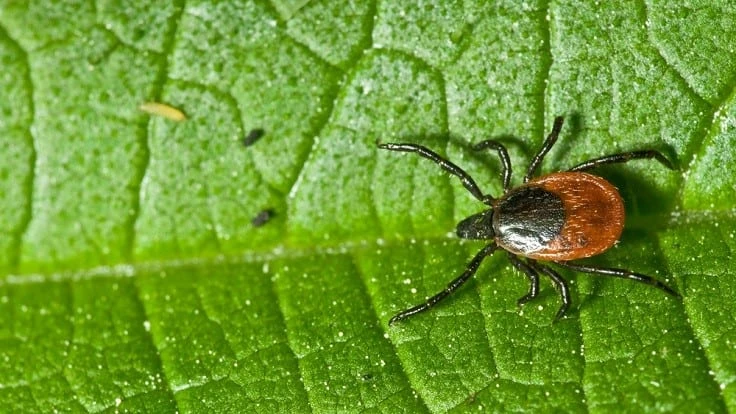
Dreamstime
For scientists and clinicians alike, one of the Holy Grails for successfully treating and curing Lyme disease is developing tests that identify the disease sooner, show when people are cured of infection, and can diagnose reinfection.
Now, researchers at Tufts University School of Medicine say they have identified just such a testing mechanism. It detects a type of antibody that infected individuals produce against a substance the Lyme bacteria acquires from the host in order to grow. The researchers believe tests to detect these autoantibodies – antibodies that mistakenly target and react with a person's own tissues or organs – could provide clinicians with a way to diagnose the disease sooner, know whether treatment with antibiotics is working, and identify patients who have been reinfected.
Authors of the study, published today by the Journal of Clinical Investigation, are Peter Gwynne, Luke Clendenen, and Linden Hu of the school’s Department of Molecular Biology and Microbiology, and colleagues at the National Institute of Allergy and Infectious Diseases at the National Institutes of Health (NIH).
Click here to read the entire article.
Source: Tufts University
Get curated news on YOUR industry.
Enter your email to receive our newsletters.Latest from Pest Control Technology
- Petti Pest Control Owners Reflect on Finding Success as a Father-Son Duo
- Mosquito Control: Spraying vs. IPM
- Terminix Service's Leaders Inducted into South Carolina Business Hall of Fame
- Christner on Colorado Preemption Roll Back Affect on Business Growth
- How to Get Rid of Odorous House Ants
- Massey Services Promotes Herndon to Director of Sales for Multi-Family Division
- NPMA Announces First Recipients of NPMA PRO Certified Credential
- Pestmaster of the Hudson Valley Acquires Catskill Animal Damage Control






